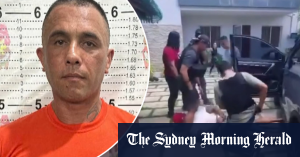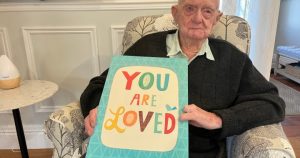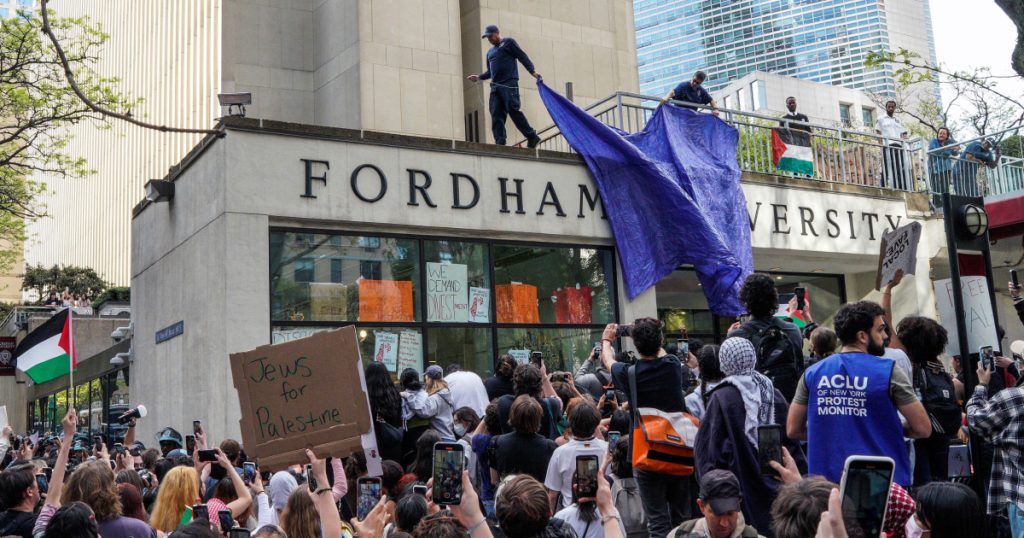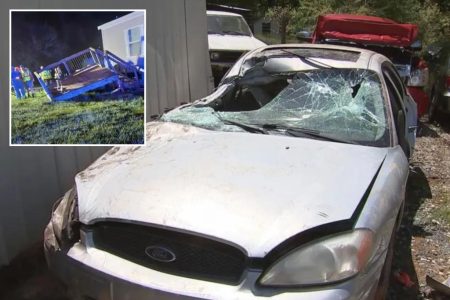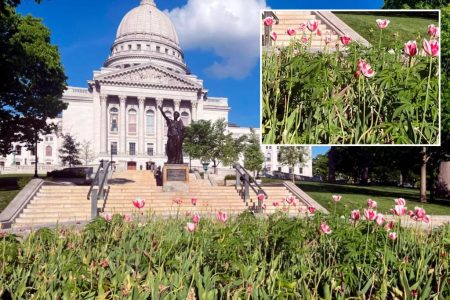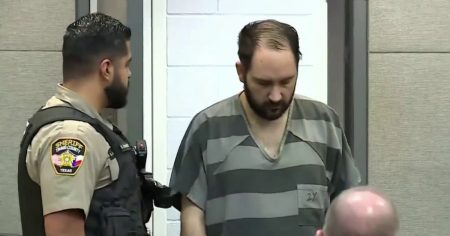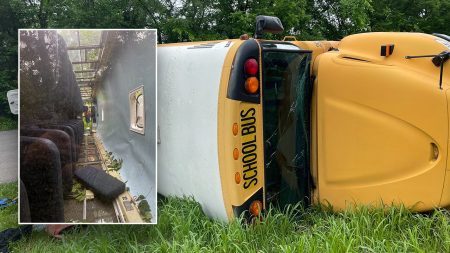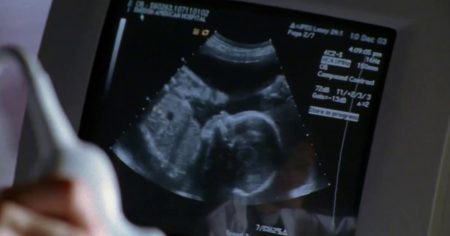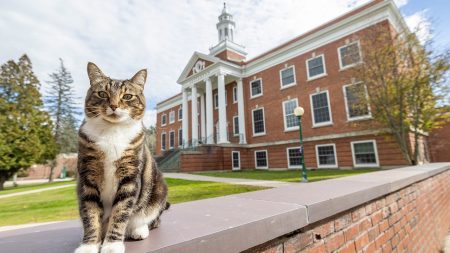Pro-Palestinian activists have been protesting at over 70 campuses in the United States to raise awareness about Israel’s military assault on the Gaza Strip and to call for schools to divest from companies that do business with the country. These demonstrations have resulted in clashes with police and the arrest of more than 2,300 protesters. As a result, many students are now facing legal consequences and schools are reevaluating their commencement plans, causing frustration among school communities about how administrators are handling the protests.
The situation at Fordham University in New York City is an example of this. After pro-Palestinian protesters set up an encampment on campus, police were called in to arrest 15 protesters. In a statement, Fordham President Tania Tetlow expressed concern about the protesters’ intrusion into a classroom building and noted that many of the protesters were not members of the university community. However, Fordham faculty members have disputed Tetlow’s claims, providing evidence to show that the encampment was nonviolent and that the majority of participants were actually students, faculty, and alumni.
Similarly, at other universities like Emory University and the New School, police crackdowns on pro-Palestinian encampments have led to backlash from faculty and students. At Emory, where police arrested 28 individuals involved in the protests, the Faculty Senate passed a vote of no confidence in the university president. At the New School, over 200 faculty and staff members convened an emergency meeting to express their dissatisfaction with the administration’s handling of the protests, ultimately voting in favor of a no-confidence motion against the president and board of trustees.
At the University of Texas at Austin, where police arrested 57 pro-Palestinian protesters, over 600 teaching staff members signed an open letter expressing no confidence in the university president. Faculty members at other universities like Columbia have also spoken out against the use of police force in response to student protests, calling for a restoration of community, shared governance, and respectful debate on campus.
Students are also taking action against university administrations, such as at the University of Southern California where the student government sent a letter condemning the use of force by the administration and demanding no further retaliatory action against protesters. At Columbia University, students have filed a complaint with the U.S. Department of Education’s Office for Civil Rights to investigate discrimination against Palestinian students. Organizations like Palestine Legal are also working to support student activists and hold universities accountable for their actions.

